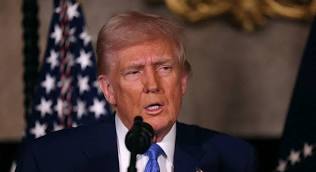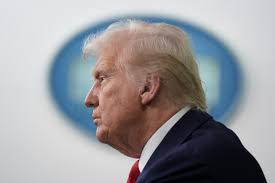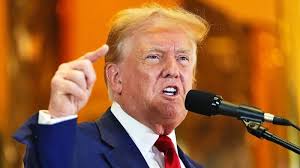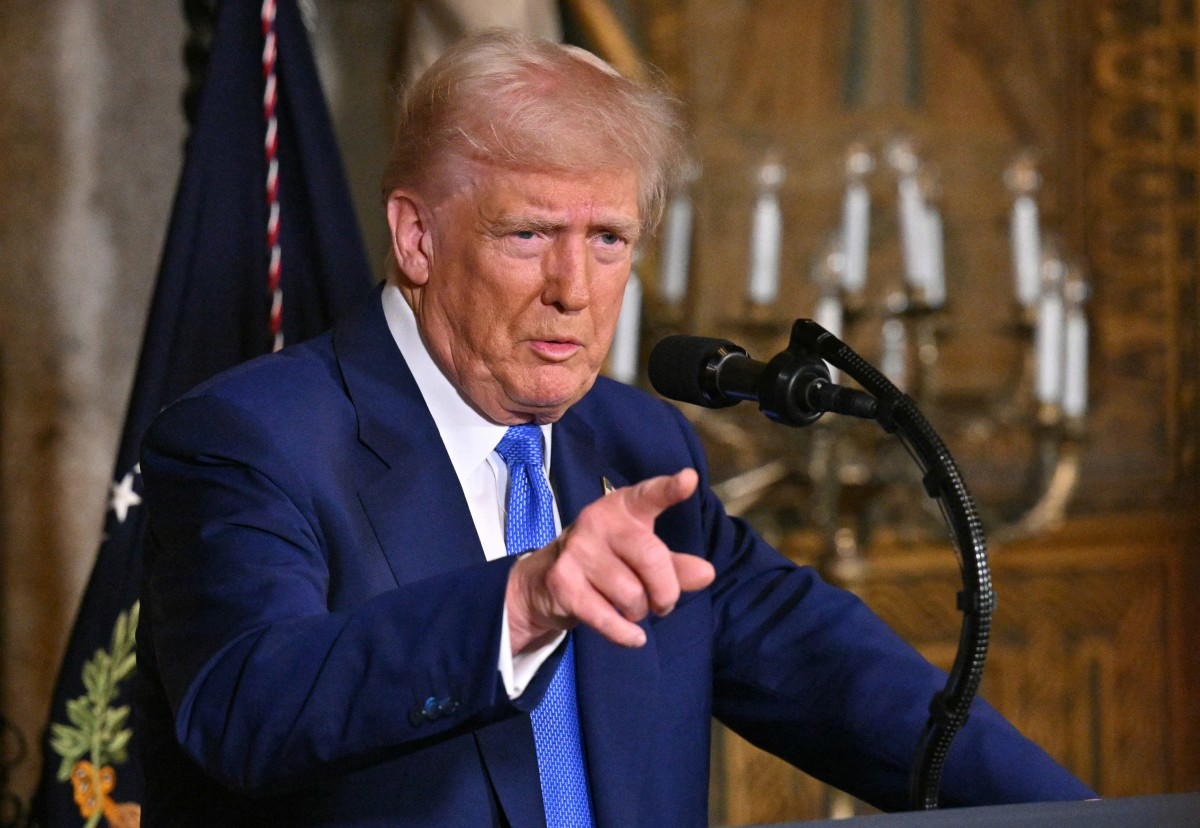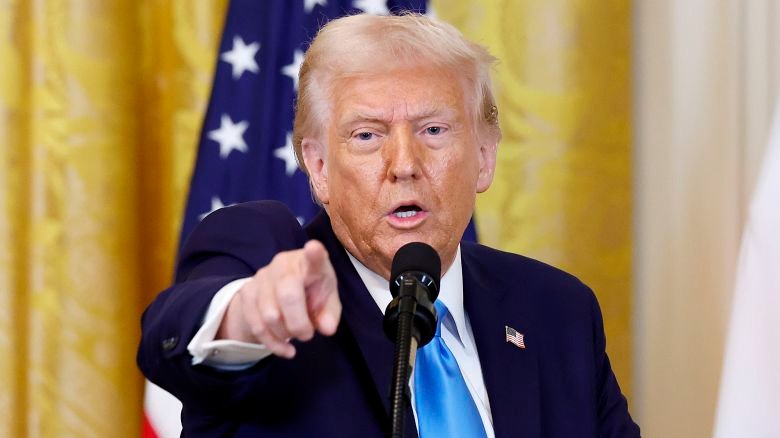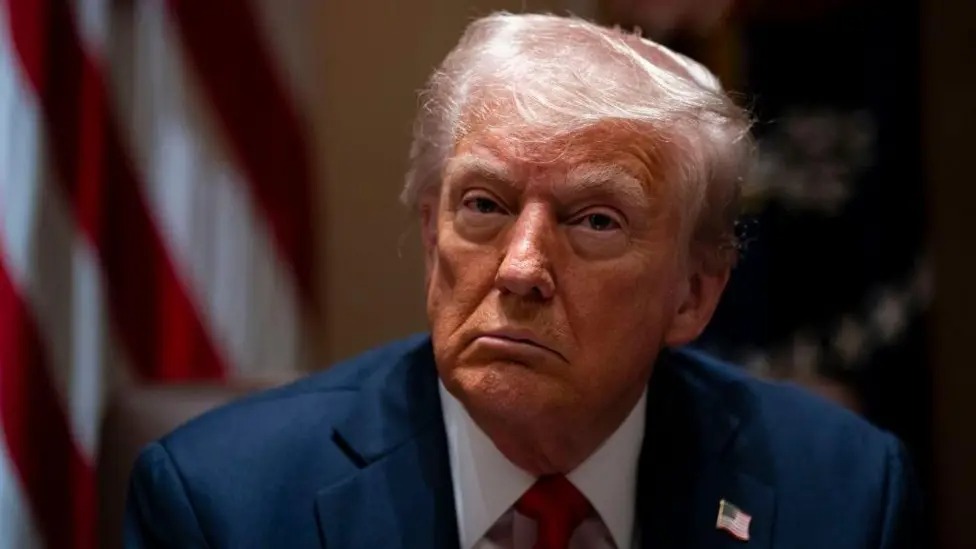President Donald Trump called Canada a “tariff abuser” Monday and claimed the United States did not need Canadian energy, after the province of Ontario imposed an electricity surcharge on three US states. The leader of Ontario, Canada’s most populous province, said earlier Monday that it was adding a 25 percent surcharge on electricity exports to …
